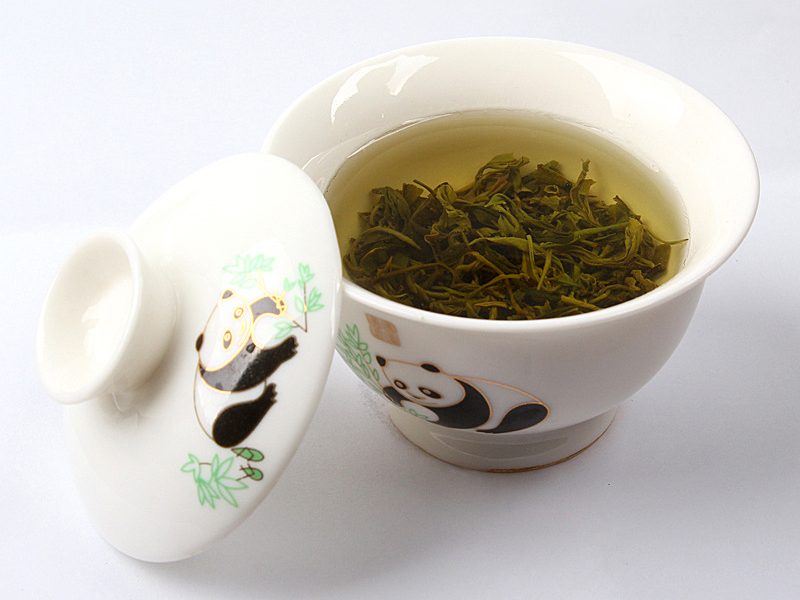
Dr. Fabian M. Dayrit, PhD, from Ateneo de Manila University, along with the help of Dr. Mary T. Newport, MD, from Spring Hill Neonatology in Florida, looked at the known antiviral benefits of coconut oil to see if they may also apply to the Wuhan coronavirus (COVID-19). What they found is certainly promising, especially since there is no other known remedy or cure for this novel virus.
Lauric acid (C12), along with its derivative monolaurin, has been known for many years to possess natural antiviral activity. A medium-chain fatty acid that comprises about 50 percent of coconut oil's makeup, lauric acid is widely recognized as a "super" nutrient, as is monolaurin, which is produced by the body's own enzymes upon ingestion of coconut oil.
These nutrients work in tandem to disintegrate the "envelopes" that surround viruses, Dayrit and Newport explain, and this includes the Wuhan coronavirus (COVID-19). These two nutrients can also inhibit late-stage maturation in the replicative cycle of viruses, as well as prevent the binding of viral proteins to the host cell membrane.
This three-pronged mode of action makes coconut oil a very promising solution to the pandemic, especially since it is widely available, relatively inexpensive, and easy to ingest. People everywhere could theoretically take just a few tablespoons of coconut oil daily to help protect themselves against catching the virus, or take a little more if they already have it.
Listen below to The Health Ranger Report as Mike Adams, the Health Ranger, talks about how Big Pharma hates studies like this one because they teach people how to take control over their own health and cure disease without drugs or vaccines:
Capric acid in coconut oil also fights viruses
Another antiviral compound found in coconut oil that also plays a protective role is capric acid (C10), along with its derivative monocaprin. Though it only makes up about seven percent of coconut oil, capric acid has shown effectiveness against HIV-1, which is important because evidence has emerged to suggest that the Wuhan coronavirus (COVID-19) may contain HIV DNA.
There are more than likely other constituents in coconut oil that also work together with lauric acid and capric acid to help protect the body against viruses, including various monoglycerides. But lauric acid and capric acid we know for sure possess unique antiviral properties that may provide protection against the Wuhan coronavirus (COVID-19).
Both animal and human studies, the paper further explains, show that coconut oil provides powerful protection against all types of viruses, including everything from avian influenza in chickens to HIV in humans. Several small clinical studies have also demonstrated even more specific anti-HIV properties in coconut oil, both in terms of how this superfood protects against infection and boosts the immune system.
Based on these findings and other evidence presented in the paper, the co-authors are urging that more clinical studies be conducted on actual Wuhan coronavirus (COVID-19) patients to see if they show improvement. They also recommend that coconut oil simply be recognized as a general prophylactic against viral and microbial infection "given [its] safety and broad availability."
"Several in vitro, animal, and human studies support the potential of coconut oil, lauric acid and its derivatives as effective and safe agents against a virus like nCoV-2019," they conclude, presenting further specific guidelines for a proposed clinical study.
"This treatment is affordable and virtually risk-free, and the potential benefits are enormous."
To keep up with the latest Wuhan coronavirus (COVID-19) news, visit Pandemic.news.
Sources for this article include:
Please contact us for more information.






















